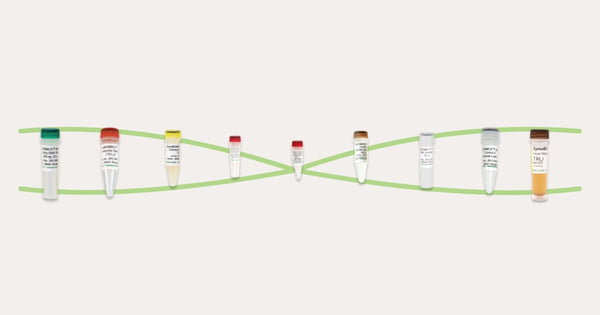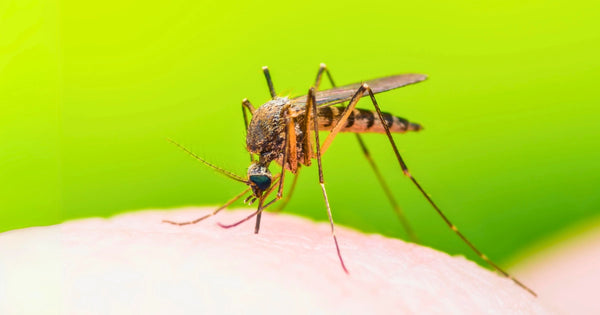Transforming Agriculture and Therapeutics: The Roots of Plant Synthetic Biology
Plant synthetic biology stands at the forefront of innovation, promising breakthroughs from advanced biofuels to resilient crops. This burgeoning field not only holds the potential to revolutionize agriculture but also offers solutions for pressing environmental and economic challenges. Plant synthetic biology can be harnessed to engineer crops with greater nutrition, fewer harmful ingredients, and sustainable agricultural practices.1 On the pharmaceutical side, synthetic biology can exploit unique plant metabolic pathways to synthesize low-cost therapeutic compounds.2 However, the advancement of this promising field has been hindered by the scarcity of comprehensive DNA part libraries and efficient assembly strategies.3
Scientists from Berkeley National Laboratory tackled this challenge in 2016 by developing a method to assemble DNA into plant transformation vectors through yeast homologous recombination.3 Digested plant DNA fragments were extracted from agarose gels using Zymo Research’s Zymoclean Gel DNA Recovery Kit. These fragments were then pieced together into yeast-compatible binary vectors, leveraging overlapping homologous sequences. The yeast-compatible binary vectors were linearized to release a URA3 dropout-cassette and were subsequently transformed into yeast using Zymo Research’s Frozen-EZ Yeast Transformation II Kit. The transformed yeast cultures were cultivated with Zymo Research’s 5-Fluoroorotic Acid (5-FOA) for effective negative selection of uncut vectors. DNA assemblies within these vectors were recovered employing Zymo Research’s Zymoprep Yeast Plasmid Miniprep II Kit and were verified with sequencing.
The researchers successfully applied their DNA stacking method to synthesize bisabolene, an alternative to D2 diesel fuel, and violacein, a therapeutic compound possessing anticancer and antimicrobial properties, in tobacco leaves. This innovative strategy for plant gene stacking, made feasible by Zymo Research’s yeast research tools, paves the way for reconstructing pivotal metabolic pathways. Such pathways hold the potential for generating therapeutic compounds, sustainable biofuels, and crops resilient to pathogens.3
References
- Yang, J. and Reyna-Llorens, I. (2023). Plant synthetic biology: exploring the frontiers of sustainable agriculture and fundamental plant biology. Journal of Experimental Botany, 74(13), 3787–3790. https://doi.org/10.1093/jxb/erad220.
- Barnum, C. R., Endelman, B. J., and Shih, P. M. (2021). Utilizing Plant Synthetic Biology to Improve Human Health and Wellness. Frontiers in Plant Science, 12, 691462. https://doi.org/10.3389/fpls.2021.691462.
- Shih, P. M., Vuu, K., Mansoori, N., Ayad, L., Louie, K. B., Bowen, B. P., Northen, T. R., and Loque, D. (2016). A robust gene-stacking method utilizing yeast assembly for plant synthetic biology. Nature Communications, 7, 13215. https://doi.org/10.1038/ncomms13215.


